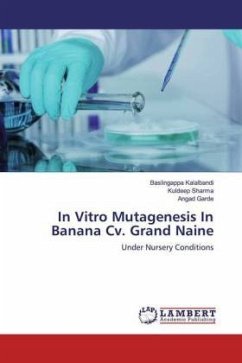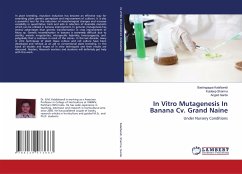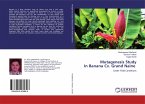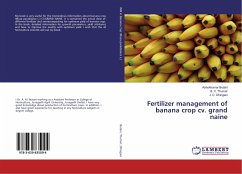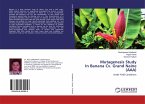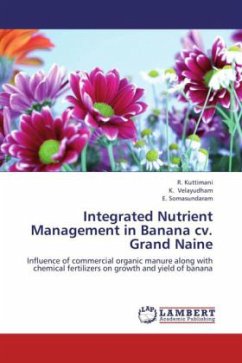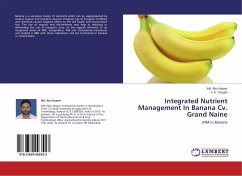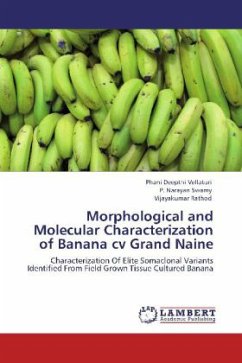In plant breeding, mutation induction has become an effective way for extending plant genetic germplasm and improvement of cultivars. It is also a powerful tool for the induction of morphological changes and increase variability in quantitative traits and aids in selection of desirable mutants which can be utilized in banana improvement. In general, mutagenesis has several advantages than genetic transformation in crop improvement of Musa sp. Genetic recombination in banana is extremely difficult due to sterility, meiotic irregularities, interspecific hybridity, heterozygosity, and polyploidy that is common in most of the clones. In the last decade, many in vitro techniques of plant tissue culture and cell culture have been developed and refined as an aid to conventional plant breeding. In this book all doubts and hopes of in vitro techniques and their results are discussed. Readers, research workers and students will definitely get help with this work.
Bitte wählen Sie Ihr Anliegen aus.
Rechnungen
Retourenschein anfordern
Bestellstatus
Storno

